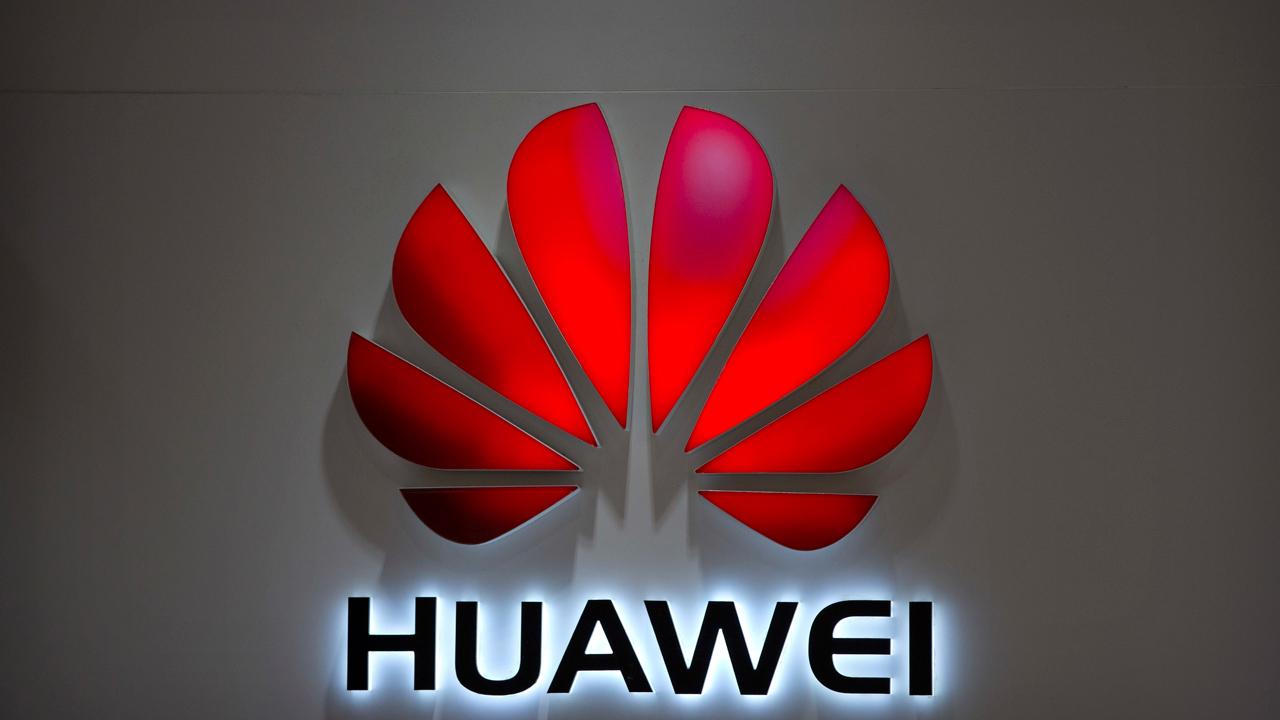China using Airbus deal to get back at Trump over Huawei? No, it's worse
The conventional wisdom is that China’s recent deal for 300 Airbus planes is a swipe at President Trump, who touted the sale of 300 Boeing planes during a Beijing visit in 2017. The Airbus deal follows on the heels of the grounding of the Boeing 737 Max and continued bad press about Chinese tech giant Huawei, the world’s largest maker of communications network equipment.
But this view is wrong.
That China buys any aircraft from the West -- whether from U.S.-based Boeing or European-manufacturer Airbus -- is incidental to its long-term goal to be independent of Western technology by 2025. Not only does it have the world’s largest maker of network equipment, China leads in personal computers, servers, smartphones and trains. Aircraft is moving up the list.
Huawei has been restricted from U.S. networks for some time and has little market share in the country, outside of smartphones. The risk of using this equipment has been highlighted not just by the U.S., but many countries, for years. This week, the UK cyber security watchdog issued the strongest warning yet against Huawei, noting risks in its software and hardware. The report details that Huawei offered one software system for review but planned to deliver another system for implementation.
Reports from multiple intelligence agencies and security analysts reveal that products and services made by firms affiliated with the Chinese government and military can enable sabotage, espionage and surveillance. This is why certain products made by these entities are restricted for use by the U.S.federal government and armed forces.
Huawei’s not the only concern. While it has attracted scrutiny from the media and policymakers, we would be foolish to focus myopically on just one company when many others – like ZTE and Lenovo – present a similar threat. They are also owned in part by the Chinese government, demonstrate a pattern of abuses, and are compelled by Chinese law to facilitate espionage.
This week’s Senate hearing called by Sen. Ted Cruz, R-Texas, on airline safety underscored that security requires tough decisions. When human lives are stake, the bottom line should be safety above all else. Cyber attacks can put human lives at risk.
Department of Transportation Inspector General Calvin Scovel testified that the U.S. needs to adapt to a “total systems” approach to airline security. In other words, as we move to a world in which everything will be connected to the internet, we must bring scrutiny not just to network equipment, but the devices attached to networks and the applications and services running across them.
These decisions become more complicated when cost is at stake. Because of illegal trade practices and state support of industry, Chinese firms can offer their goods at prices well below those of Western competitors. But the sticker price does not reflect the risk of using many of these Chinese products.
For too long the U.S. accepted China’s shenanigans and had a lackadaisical attitude about threats it poses to America’s technological leadership, national security and individuals’ personal safety. President Trump recognized this and put the issue front and center in a way that his predecessors were either unwilling or unable to do. It is not an easy task, and half of the country is rooting against him, but he deserves our support.
At the end of the day, security is not a partisan issue. Security is worth paying for, and it demands that the U.S. redouble its efforts in innovation and competitiveness. Restricting Huawei equipment from U.S. networks has not harmed America’s speed in the race for 5G mobile networks, but what we attach to the network is another story.
CLICK HERE TO GET THE FOX BUSINESS APP
While we may restrict certain equipment from the network infrastructure, that does not mean we are safe from cyber attacks that can arise from other Chinese products and services which may be infiltrated by Chinese government or military. If we are to be vigilant about safety, we need a “total systems” approach.
Roslyn Layton was a member of the Trump Transition Team for FCC, is an international internet policy analyst and visiting scholar at the American Enterprise Institute.




















